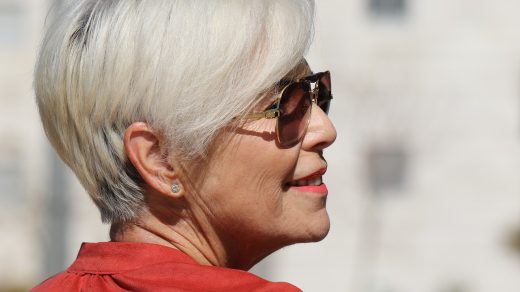
Title: Political and Economic Stability in South Africa: Opportunities and Challenges
Introduction:
South Africa, known for its rich cultural heritage and diverse population, has made significant strides in achieving political and economic stability since the end of apartheid. However, the nation still faces numerous challenges that hinder its progress towards sustainable development. This article explores the opportunities and challenges associated with political and economic stability in South Africa, highlighting key subtopics within each section.
Section 1: Political Stability
1.1 Historical Context:
– The end of apartheid and the birth of democracy.
– The role of Nelson Mandela and the African National Congress (ANC).
– The establishment of democratic institutions.
1.2 Opportunities:
– A strong constitutional framework that guarantees human rights.
– A vibrant civil society that promotes accountability and transparency.
– Peaceful transitions of power through regular elections.
1.3 Challenges:
– Corruption and state capture undermining democratic institutions.
– Factionalism within political parties leading to policy paralysis.
– Social inequality exacerbating political tensions.
Section 2: Economic Stability
2.1 Historical Context:
– The transition from a racially segregated economy to a more inclusive one.
– The impact of globalization on South Africa’s economic landscape.
– The role of the government in promoting economic stability.
2.2 Opportunities:
– Abundant natural resources, including minerals and agricultural products.
– A growing middle class with increased consumer spending power.
– Strategic location as a gateway to the African continent.
2.3 Challenges:
– High unemployment rates, particularly among the youth.
– Income inequality and persistent poverty.
– Structural issues such as inadequate infrastructure and skills shortages.
Section 3: Political-Economic Nexus
3.1 Opportunities:
– Political stability attracting foreign direct investment (FDI).
– Government initiatives to promote economic growth and job creation.
– Public-private partnerships fostering sustainable development.
3.2 Challenges:
– Policy uncertainty affecting investor confidence.
– Inadequate implementation of economic reforms.
– Unequal distribution of economic benefits leading to social unrest.
Section 4: International Relations and Trade
4.1 Opportunities:
– Membership in regional organizations such as the Southern African Development Community (SADC) and the African Union (AU).
– Access to preferential trade agreements, such as the African Continental Free Trade Area (AfCFTA).
– Diplomatic ties with major global powers, facilitating foreign investment.
4.2 Challenges:
– Inconsistent foreign policy impacting international relations.
– Competition from other emerging economies in attracting investment.
– Trade imbalances and protectionist measures affecting export competitiveness.
Section 5: Social Cohesion and Inclusion
5.1 Opportunities:
– South Africa’s diverse cultural heritage promoting social cohesion.
– Government programs aimed at reducing inequality and poverty.
– Grassroots initiatives fostering community engagement and empowerment.
5.2 Challenges:
– Lingering racial tensions and divisions from the apartheid era.
– Unequal access to quality education, healthcare, and basic services.
– Xenophobia and discrimination against marginalized groups.
Conclusion:
South Africa’s journey towards political and economic stability has been marked by both opportunities and challenges. While the nation has made significant progress in establishing democratic institutions and attracting foreign investment, corruption, inequality, and policy uncertainties remain significant hurdles. Addressing these challenges requires a concerted effort from all stakeholders, including the government, civil society, and the private sector. By capitalizing on its opportunities and effectively tackling its challenges, South Africa can pave the way for a more prosperous and inclusive future.


